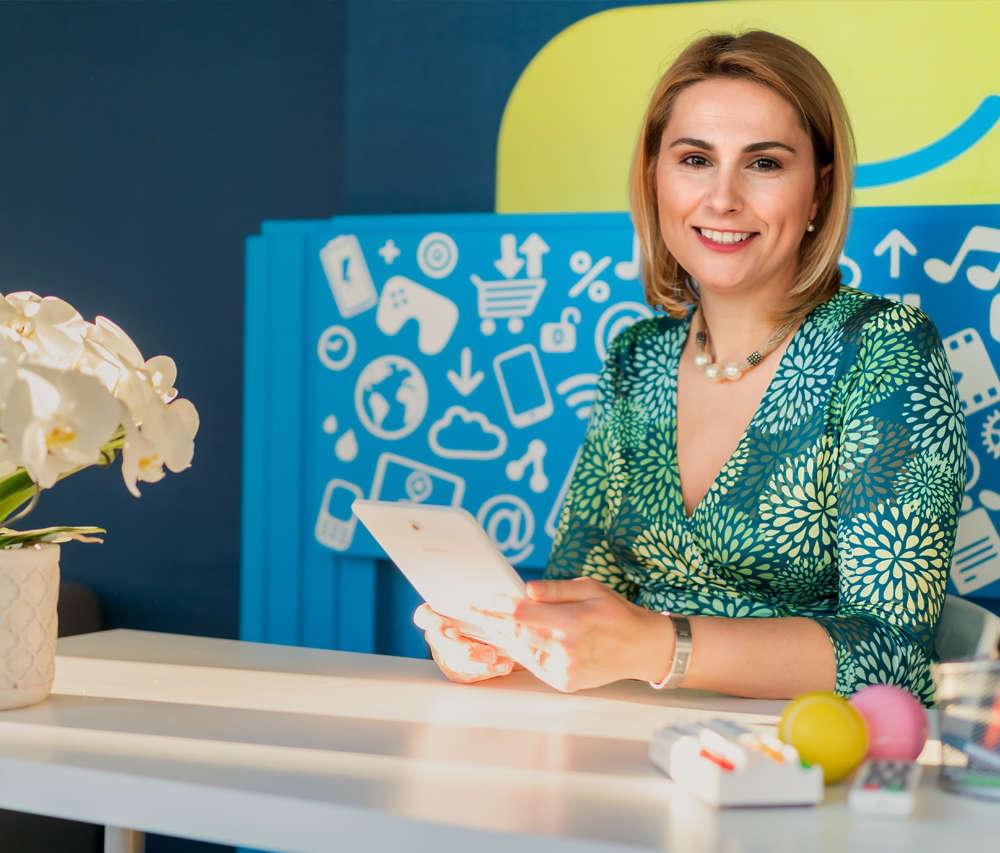
“Togolese families are struggling. I just had to do something”
Kadi
Prepares and delivers food kits for young mothers and newborns in Togo
Location: Belgium, Brussels
Kadi lives in Belgium and couldn’t bear the sight of families back in her home country struggling. “I’m from Togo and the situation there is particularly bad due to Covid-19. People are struggling with the curfew and their already small income has dramatically gone down.” She had to do something. Kadi decided to distribute food kits specifically for pregnant women and their newborns. Over 100 kits have already been prepared for distribution across Sokodé, the northern part of Togo. “The idea is to provide these families with the bare minimum needed for a positive start to motherhood”, Kadi explains. “We also collaborate with doctors and pay for medical consultations when needed”. The EU is well aware of non-EU countries’ struggles. A EUR 20 billion “Team Europe” package has been developed to help them fight the Covid-19 crisis. Meanwhile, a humanitarian air bridge transports emergency supplies to critical areas around the world.


















